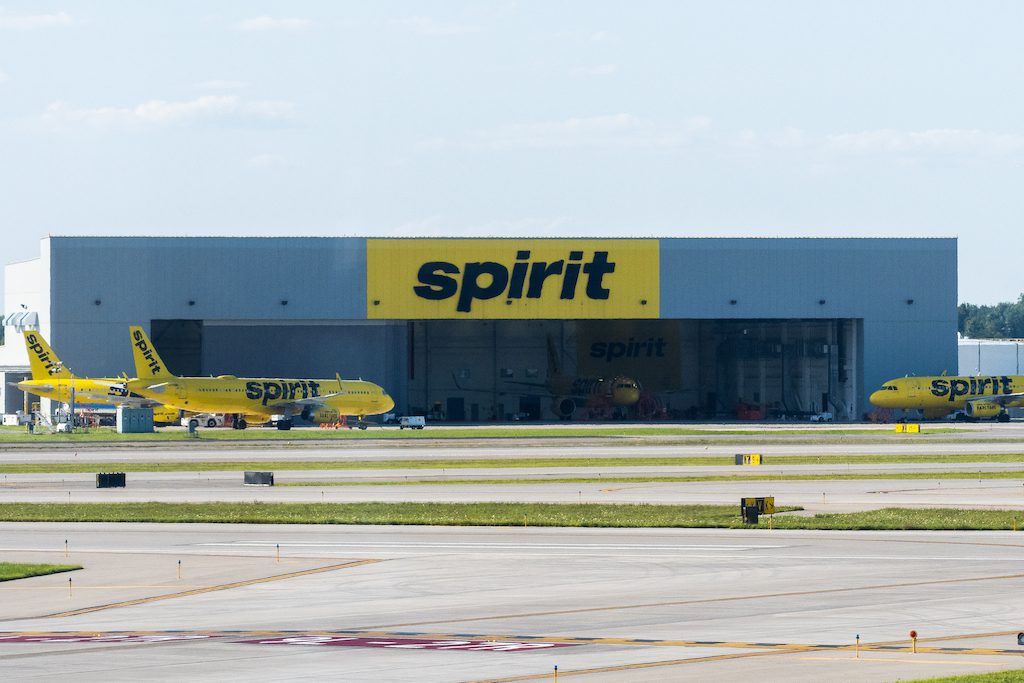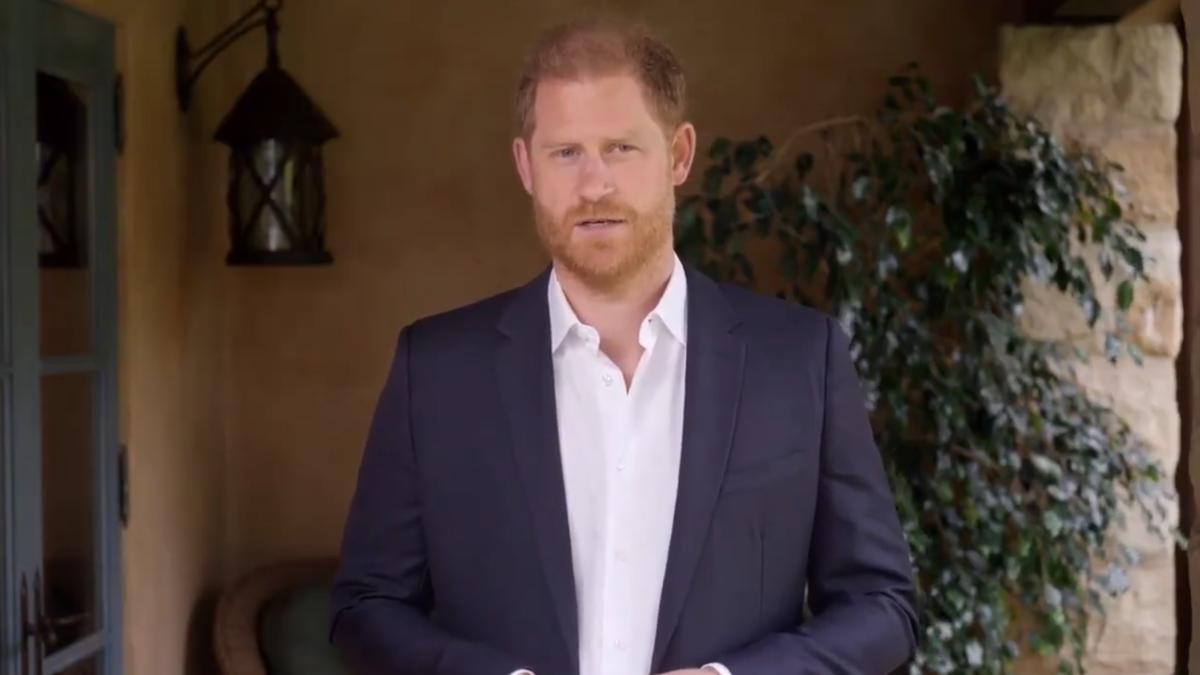Spirit Airlines Faces Setbacks in Its Pandemic Recovery

Skift Take
The recovery got the better of Spirit Airlines in the third quarter. The surge in Covid-19 cases and its own staffing-related operational issues in August dragged the discounter down and forced it to scale back its recovery plans, including reclassify 2022 as yet another "recovery" year.
“The direct and indirect impacts of the pandemic have lasted longer than anyone could have predicted," said Ted Christie, CEO of the Miramar, Florida-based carrier, during a third-quarter earnings call on Thursday. While every U.S. carrier felt the negative effects of the Delta variant, Spirit's own staffing challenges and subsequent August meltdown when it cancelled more than 2,800 flights over 10 days cost it $50 million in revenue and forced it to completely reevaluate its recovery plan.
And that plan, prior to August, was rosy. The leisure-first recovery played to Spirit's strengths as a holiday-destination oriented airline with more than half of its schedule touching Florida. The airline planned to grow capacity in the "mid-teens" compared to 2021 and return its fleet of Airbus jets to full utilization — or more than 12 hours a day per aircraft. And for investors, it targeted a return to its pre-crisis financial metrics that were long among the best in the industry.
Now, those plans are out the window. Spirit has pulled back on capacity growth with the fourth quarter now forecast to be up just 11 percent compared to 2019; an almost 12 point cut from previous guidance. Half of the capacity reductions will occur in Fort Lauderdale where staffing challenges are the worst. In addition, Spirit has delayed plans to return its fleet to full utilization by six months or more, or until late 2022 or early 2023, which cements 2022 as another recovery year for the airline.
Spirit is "taking our foot a little bit off the gas here so that we can ... see the hiring come in," said Christie. "Let's build the base to get ready for the summer of next year."
Incoming Southwest Airlines CEO Bob Jordan has also described 2022 as another "transition" year for the carrier following Southwest's own operational and workforce challenges. American Airlines and Delta Air Lines have also faced some staffing-related operational issues since the beginning of the year.
Even with Spirit's foot off the metaphorical gas, the airline is still larger than it was two years ago. It has added eight new destinations to its map this year, including a large 30-route expansion into Miami in October, Cirium schedules show. However, Spirit has also dropped five cities, including Asheville, Niagara Falls, and Managua, Nicaragua.
Notably absent from Spirit's comments Thursday was much color on travel demand. Commercial Chief Matt Klein described demand as "very strong" during the summer before the variant hit, and said that it generally "continues to improve." With little corporate travel business, his comments reflect the leisure and visiting friends and relatives (VFR) market that other airlines have described as fully recovered from its pandemic trough.
Labor Pressure
The U.S. labor shortage, or perhaps more appropriately a shortage of workers willing to risk of Covid-19 exposure for a low-wage, entry-level job, has hit companies across the economy. Speaking at the Skift Global Forum in September, incoming Southwest Airlines CEO Bob Jordan said the issue is so acute that, aside from Southwest's own hiring challenges, he was given a job application with his food at the Texas burger chain Whataburger recently. And the situation is the same for hotels and other sectors on down to trucking companies.
Spirit faces its biggest challenges in Fort Lauderdale. The airport is the largest in its system and touches nearly a quarter of all of its flights on a daily basis, thus compounding any local issues across its network. Entry-level positions, particularly ground handlers and ones managed by third-party vendors, are the most challenging, said Spirit Chief Financial Officer Scot Haralson.
As a result of the meltdown in August, the airline is undertaking a top-to-bottom review of its operations to avoid similar disruptions in the future. The result of this could be "network design changes," or changes to how aircraft and crews flow across Spirit's map, including new crew bases across the U.S., said Christie.
Spirit has seven bases today: Atlantic City, Chicago O'Hare, Dallas-Fort Worth, Detroit, Fort Lauderdale, Las Vegas, and Orlando — the latter being its newest having opened in 2018. All but Atlantic City rank in its top 10 for departures in October, according to Cirium. The four cities in the top 10 without bases are Atlanta, Houston Intercontinental, Los Angeles, and Newark, with the latter two seeing the most growth compared to 2019.
The design of Southwest's network, compounded by similar staffing issues, were cited in the carrier's own meltdown earlier in October.
Spirit forecasts at least $300 million in additional labor expenses — a jump of more than a third compared to 2019 — to alleviate its staffing issues in 2022.
And The Numbers
Spirit reported a wider loss of $75 million loss, excluding the benefit of federal aid, in the third quarter compared to the three months before. Revenues decreased 7 percent to $907 million while expenses increased nearly 5 percent to $909 million versus to 2019. Passenger traffic decreased 5 percent on a 3.5 percent increase in capacity year-over-two-years.
In the fourth quarter, the airline forecasts continued losses as well as rising expenses driven by labor and fuel. Spirit anticipates paying an average of $2.54 per gallon for fuel during the period, an at least 19 percent increase from the third quarter. Spirit is scheduled to take delivery of five new Airbus A320neos through the end of December.
MKM Partners Analyst Conor Cunningham described Spirit's outlook in a report as "less bad" than was expected, but even then it was still "nothing spectacular."




